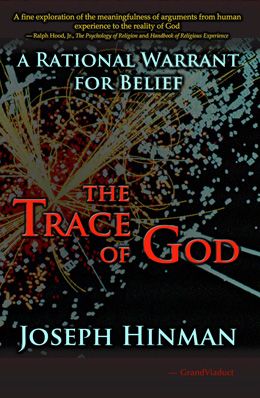This is a defense of the major study methodology used by the studies in my religious experience arguments. These studies show that religious experience is good for you. You can read about them and the studies that use them in much greater depth in my boo, The Trace of God available on Amazon,
 Order from Amazon
Order from Amazon
Ground breaking research that boosts religious arguemnts for God to a much stronger level. It makes experience arguments some of the most formidable.Empirical scientific studies demonstrate belief in God is rational, good for you, not the result of emotional instability.
Ready answer for anyone who claims that belief in God is psychologically bad for you.
Order from Amazon
Originally Posted by
Royce

But in this thread, I just wanted to provide
quotes from the peer reviewed literature that criticize the M scale. So
if in the future Metacrock continues to go on and on about the M scale,
just remind him of this thread.

Though I gave the links
here, I'll give them again:
- From page 401:
He [Hood] designed an instrument to answer
the question, tested it out, and lo and behold, a common core shows up –
but the instrument was based on a conceptualization of mysticism, by
Stace (1960), that presupposes a common core. So: Hood got a common core
out of the empiricist’s hat (the M-scale), so to speak, but only after
he put it (Stace’s theory of a common core) in there before (Belzen,
2009b, pp. 217–218, emphasis in original).
 Order from Amazon
Order from Amazon
Ground breaking research that boosts religious arguemnts for God to a much stronger level. It makes experience arguments some of the most formidable.Empirical scientific studies demonstrate belief in God is rational, good for you, not the result of emotional instability.
Ready answer for anyone who claims that belief in God is psychologically bad for you.
Order from Amazon
page 3



 Though I gave the links
Though I gave the links